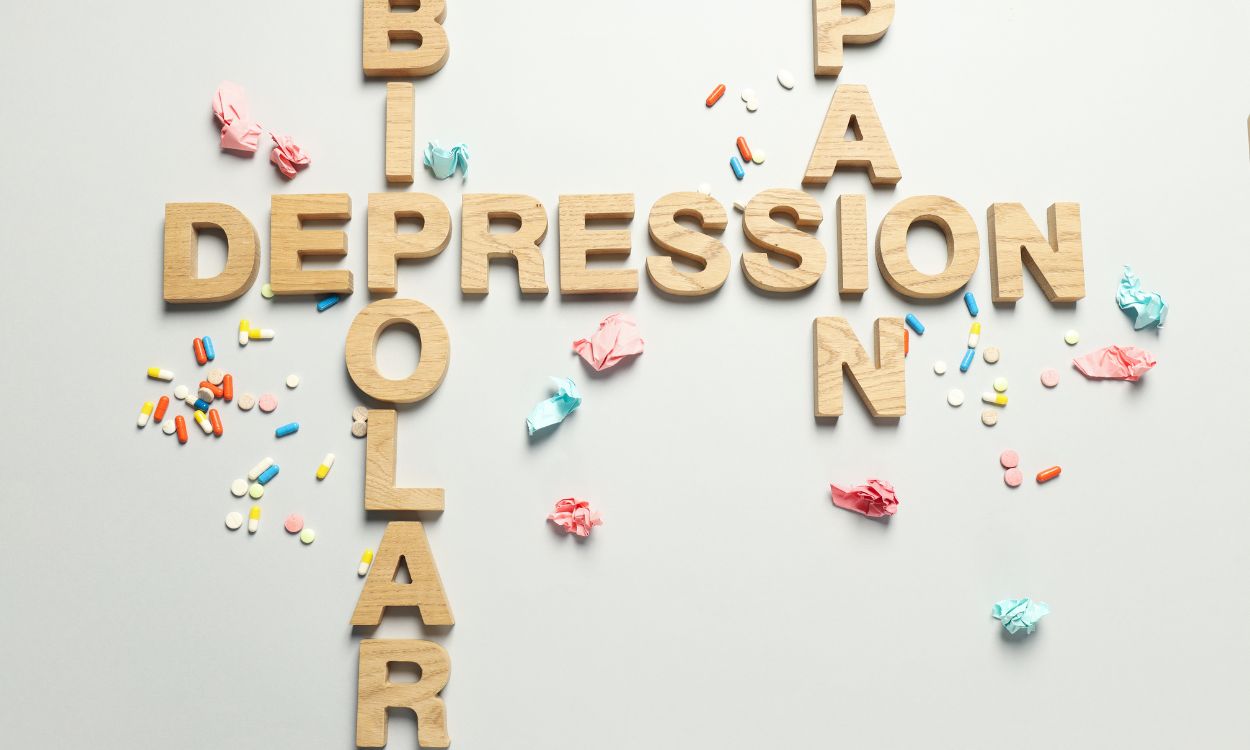Understanding the Difference between ADHD and Depression
Attention Deficit Hyperactivity Disorder (ADHD) and Depression are two common mental health conditions that affect millions of people worldwide. While both conditions can cause significant distress and interfere with daily life, they are distinct from each other. In this article, we will explore the differences between ADHD and Depression and how Fitpaa can help you manage these conditions.
ADHD is a neurodevelopmental disorder that affects both children and adults. It is characterized by symptoms such as inattention, hyperactivity, and impulsivity. People with ADHD may have difficulty focusing on tasks, organizing their thoughts, and completing tasks on time. They may also struggle with social interactions and have trouble regulating their emotions.
On the other hand, Depression is a mood disorder that affects a person’s thoughts, feelings, and behavior. It is characterized by symptoms such as persistent sadness, loss of interest in activities, changes in appetite and sleep patterns, and feelings of worthlessness or guilt. People with Depression may also experience physical symptoms such as fatigue, headaches, and digestive problems.
While both ADHD and Depression can cause difficulties in daily life, they have different causes and treatment approaches. ADHD is believed to be caused by a combination of genetic and environmental factors, while Depression is often triggered by stressful life events, such as the loss of a loved one or a major life change.
Treatment for ADHD typically involves a combination of medication, therapy, and lifestyle changes. Medications such as stimulants can help improve focus and reduce hyperactivity, while therapy can help individuals develop coping strategies and improve social skills. Lifestyle changes such as regular exercise, a healthy diet, and good sleep habits can also be beneficial.
Treatment for Depression may involve medication, therapy, or a combination of both. Antidepressants can help regulate mood and reduce symptoms, while therapy can help individuals identify and change negative thought patterns and behaviors. Lifestyle changes such as regular exercise, a healthy diet, and good sleep habits can also be helpful in managing Depression.
Fitpaa can help individuals with ADHD or Depression manage their conditions by providing personalized support and guidance. The Fitpaa app offers a range of features such as a personalized fitness plan, nutrition tracking, and real-time guidance to help individuals achieve their health and fitness goals. Fitpaa’s team of experts, including fitness planners, nutritionists, and doctors, can also provide personalized support and guidance to help individuals manage their conditions.
In conclusion, ADHD and Depression are two distinct mental health conditions that require different treatment approaches. While both conditions can cause significant distress and interfere with daily life, they can be managed with the right support and guidance. Fitpaa can help individuals with ADHD or Depression achieve their health and fitness goals and improve their overall well-being. Download the Fitpaa app today and take the first step towards a healthier, happier you.









